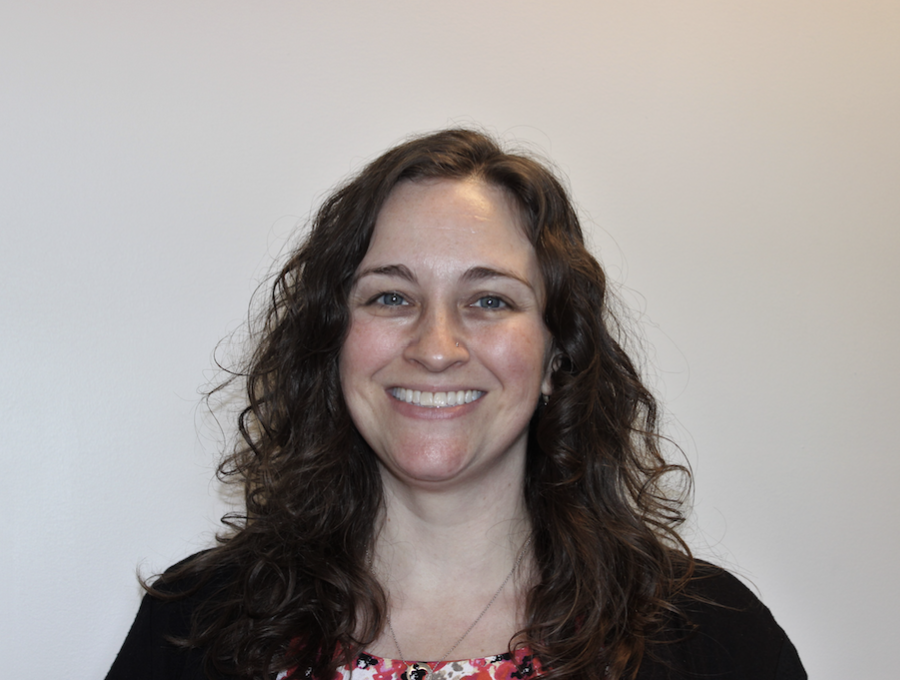
Sarah Laake is the new Title IX Program Specialist
After a semester-long search last fall, Rollins officially has a new Title IX Program Specialist: Sarah Laake. Her role oversees sexual assault cases and gender-, sex-, and sexual orientation-related discrimination cases.
Laake comes to Rollins from the University of Central Florida (UCF). She is a mother of two daughters and she has allowed a passion for gender equality and violence prevention to largely govern her career since she was an undergraduate college student.
When it comes to campus education, she uses uses a three-fold approach: educate people on risk reduction, explain bystander intervention techniques, and initiate conversations about consent. She believes that providing information on available options enables victims to make the most empowering choice for them and ultimately empowers victims to embrace a survivor mentality.
The Sandspur sat down with Laake to learn more about her previous experience working in Title IX and what she looks forward to implementing at Rollins. Laake’s answers were edited for length and clarity.
Sandspur: Why did you apply to be Rollins’ Title IX Program Specialist?
Laake: I think there’s something special here, and I think a lot of people feel it when they come on campus. It’s almost intangible, hard to explain but I think when you walk on campus there’s a sense of community that you experience just talking to other faculty members, staff members, and students. People, for the most part, recognize that we’re privileged to be here and they truly care and want our students to have the best experience possible. They take the mission to heart to shape and educate future leaders.
S: What do you hope to accomplish as Title IX Program Specialist?
L: Our ultimate goal through Title IX and any equity work on campus is to create a campus community [and] a learning environment free of sex-based discrimination, harassment, and sexual harassment. We want to educate people on the dynamics of abuse and prevent incidents from happening to create a safer, healthier, more respectful environment on campus. Smaller goals are to make sure we’re providing top-notch service to anyone who is going through the Title IX process or who has experienced interpersonal violence or abuse [and] making sure [we are doing] whatever we can do to help them feel like their access to education hasn’t been limited by what they’ve experienced.
The prevention education piece is up there as well, to make sure that people are aware of what is happening here on campus and in our community, [and] that they understand how these types of incidents can impact and harm other people. People should also know how to step in to be active bystanders if they see something that is concerning to them. They will know how help a friend or help themselves. We—here, now—are the ones who can change the world to hopefully make it violence-free.
S: You have a really unique approach to Title IX issues; where does this come from?
L: From the variety of different experiences I’ve had in employment and volunteer roles, and particularly in my role as Title IX Investigator at UCF. I really got to see both sides of the process—so complainants and respondents who are going through the process. Getting to work with complaining parties and responding parties in my role as an investigator and then a remedial measures specialist, I got to see that it was a difficult process for both parties. That really is the heart of what were trying to do, make a fair and equitable process for anyone who’s going through the process and that they have the support and resources they need.
S: When did you get your start in Title IX?
L: You have to go back really almost 20 years. I started as an undergrad at the University of South Carolina as a volunteer victim advocate at a rape crisis center in Columbia, South Carolina. They had a really fantastic training program; we had to do a forty hour training in order to work the rape crisis hotline. We also responded to hospital calls, so when people were in crisis, we were really well trained to respond and go out and be as much help as we could in that situation. That’s where my passion started for this area. I moved on from there in a variety of different volunteer roles and eventually job roles. I was the manager for a domestic violence hotline in Baltimore City and then most recently I was at UCF for about 6 years where I started out in their Victim Services offices, then moved over into a Title IX Investigator role, and then transitioned into doing more remedial measures and support. Violence prevention education has sort of been peppered through all of those different roles. Coming to Rollins has given me the opportunity to meld all those different roles together into something more holistic.






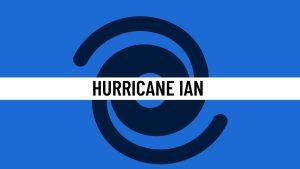
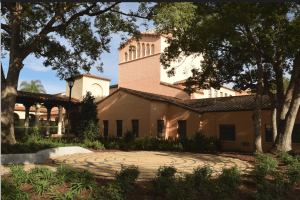
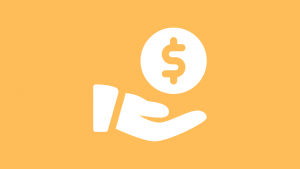


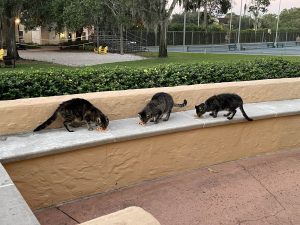

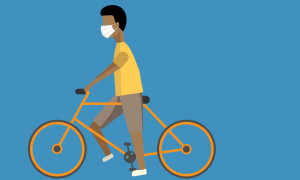
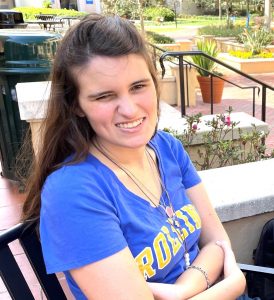

Be First to Comment